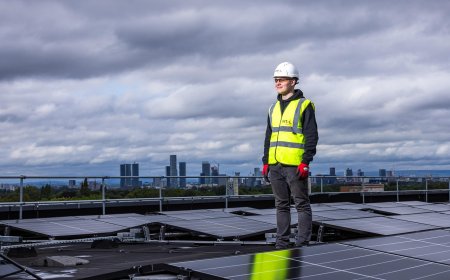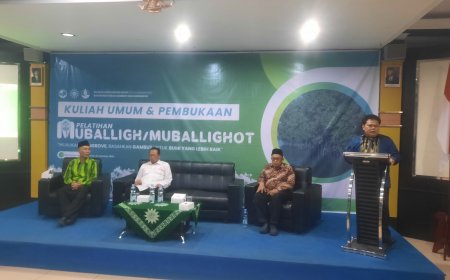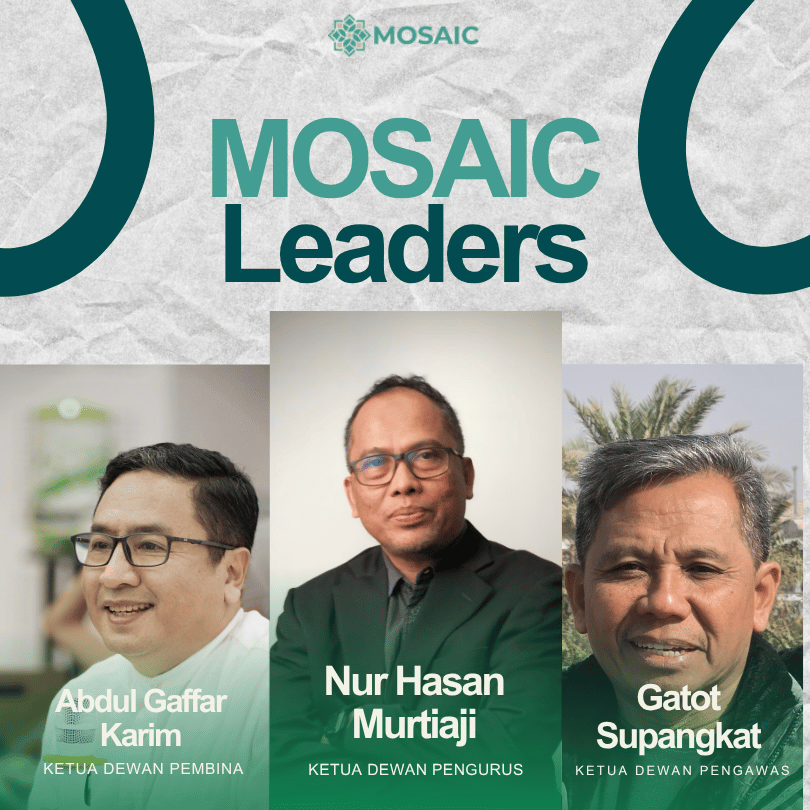BWI delivers three commitments for Forest Waqf
BWI will provide regulatory support through policy simplification and maturation.
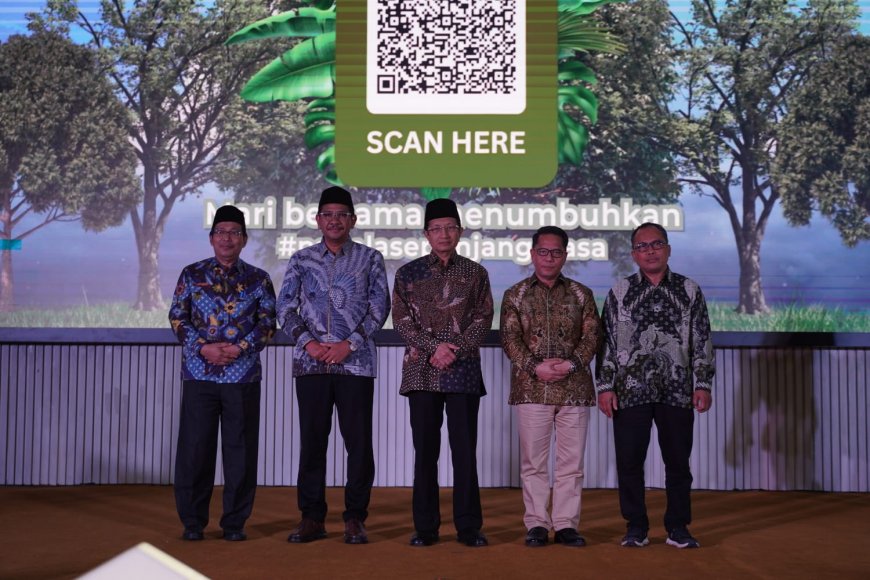
MOSAIC-INDONESIA.COM, JAKARTA — Indonesian Waqaf Agency (BWI) Chairman, Prof. Kamaruddin Amin considers the Forest Waqaf initiative an important breakthrough in the development of a contemporary waqf model that not only favors the welfare of the people, but also to the sustainability of nature.
Kamaruddin in his speech, revealed that there are three commitments from BWI to support the Forest Waqf campaign that is being run. First, provide regulatory support through policy simplification and maturation in order for the Forest Waqf to gain legal certainty and management flexibility.
Second, strengthen the digital infrastructure of the waqf through the satuwakaf.id platform, which is now open to ministers and environmental activists to rally public support more widely and professionally. Finally, foster multi-stakeholder synergies between government agencies, civil society organizations, the private sector, and philanthropic circles in shaping an inclusive and sustainable forest waqf ecosystem.
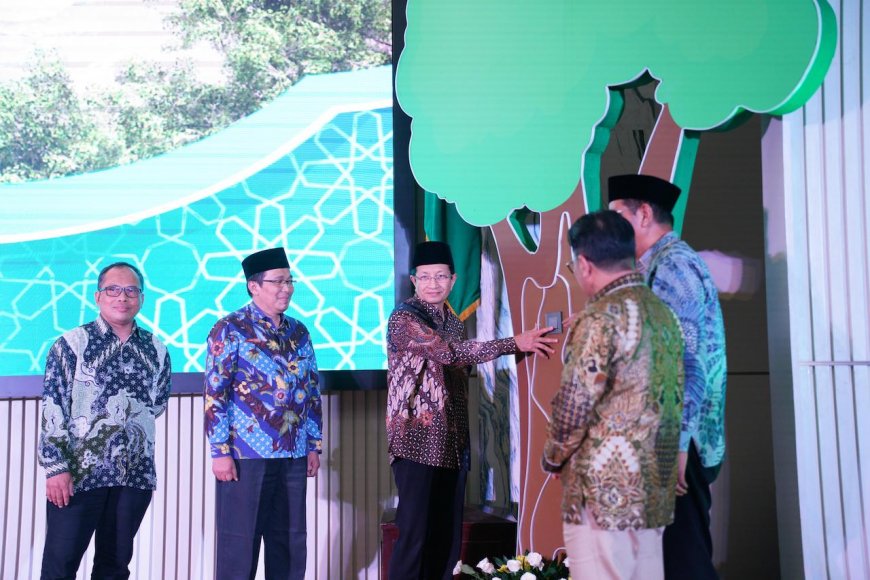
Furthermore, Kamaruddin especially appreciated Muslims for Shared Actions on Climate Impact (MOSAIC) and the Bogor Waqf Forest Foundation, which have been applying the Forest Waqf model since 2023, especially through the development of the Bogor Waqf Forest as a prototype.
“Their efforts have not only raised public awareness, but have also prompted a commitment from various parties—including local governments and the nazhirs of various cities—to engage more actively,” he said at the Charity Dinner with theme “Ecology in Action, Green Waqf Movement for Sustainable Forest Preservation” in Religious Minister Office, Jakarta, Tuesday (22/4/2025),
According to him, in recent decades, the issue of climate change and environmental damage has become an urgent global concern. Forest destruction, biodiversity decline, and global warming are major challenges facing humanity.
Check out this post on Instagram
Citing data from Forest Watch Indonesia (FWI), the portrait Indonesian forests since 2017-2021 experienced an average deforestation of 2.54 million hectares/year, or the equivalent of six times a football field per minute. These conditions are driving Indonesia to the brink of a climate crisis that threatens the future generations. In fact, forests have an important role as the lungs of the world, maintaining ecosystem balance, reducing carbon emissions, and providing resources that support people's lives.
“In the midst of these challenges, a Green Waqf movement emerged that offered innovative solutions for sustainable forest preservation. The concept of waqf, derived from Islamic tradition, has evolved as a means of worship aimed at preserving and preserving natural resources for future generations,” Kamaruddin said.
As a sharia instrument that is long-term and sustainable, he asserts, the waqf has tremendous potential to be part of forest preservation solutions. Waqf, which we have known for mosques, schools, and hospitals, can now expand its benefits in the context of preserving the environment, especially forests
“By making forest land a waqf asset, we not only maintain environmental sustainability, but also realize sustainability benefits (mauquf 'alaik) for future generations,” he said.
Through the empowerment of the communities around the forest area, Kamaruddin explained, the Green Waqf movement is expected to contribute in poverty alleviation and elimination of extreme poverty as per Inpres No.8 of 2025.
“Thus, the forest waqf becomes a form of worship with broad dimensions: spiritual, social, and ecological, while having a real impact on Indonesia's sustainable development,” he said.

